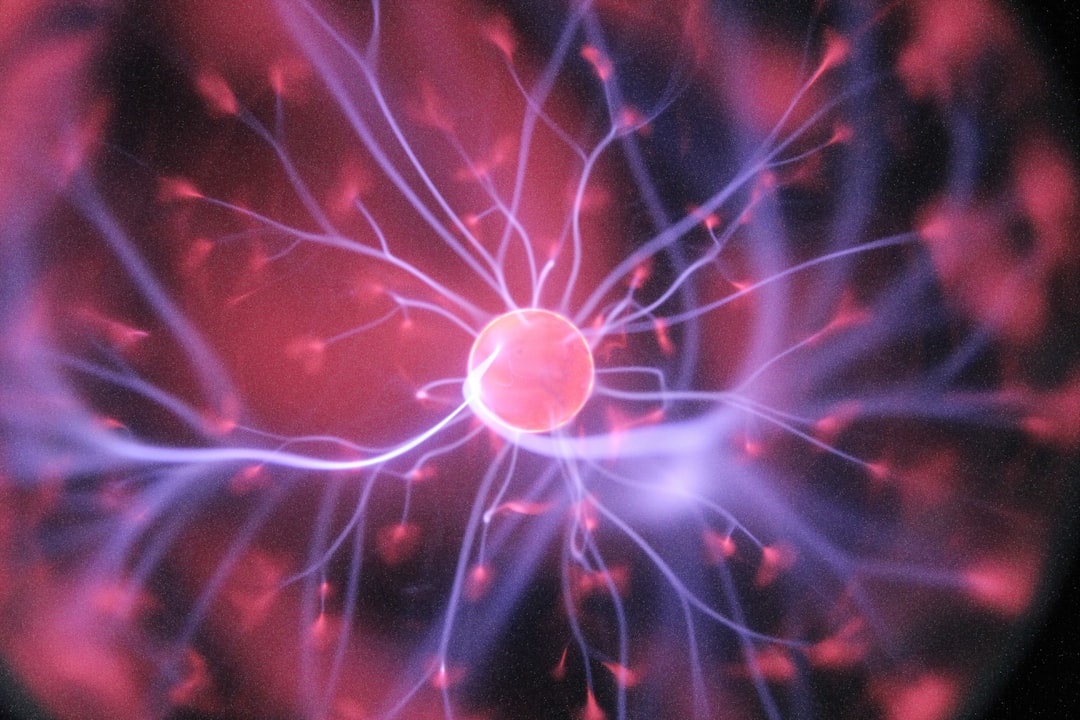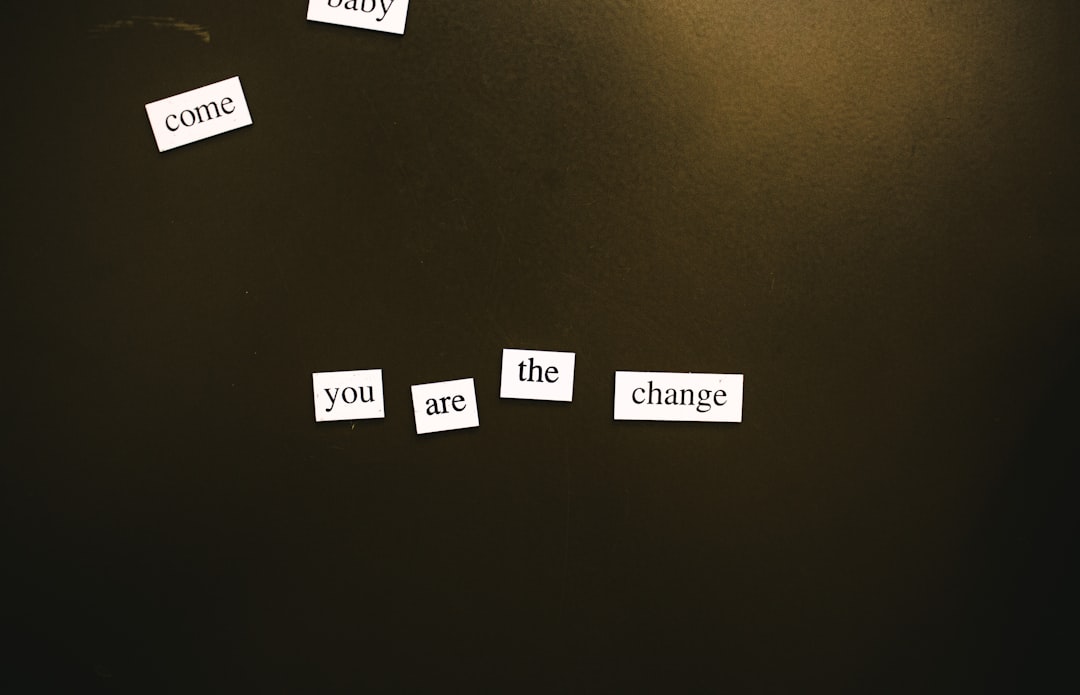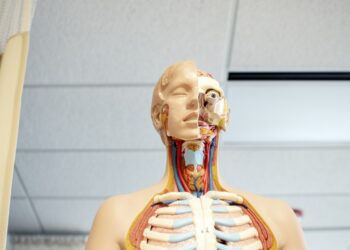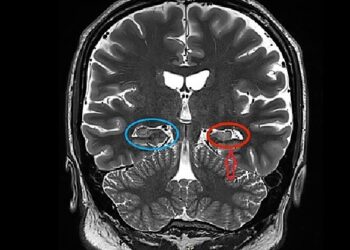Who proposed the theory of classical conditioning?

Sigmund Freud
Ivan Pavlov
Carl Rogers
Abraham Maslow
What does Maslow’s Hierarchy of Needs start with?

Safety needs
Physiological needs
Esteem needs
Self-actualization
What concept is central to Freud’s psychoanalytic theory?

Observational learning
Unconscious mind
Cognitive dissonance
Operant conditioning
Who developed the theory of operant conditioning?

Jean Piaget
Albert Bandura
B.F. Skinner
Erik Erikson
What is the focus of Carl Rogers’ humanistic theory?

Personal growth
Moral development
Cognitive restructuring
Behavioral modification
What is the premise of Albert Bandura’s social learning theory?

Learning through punishment
Learning through reinforcement
Learning through observation
Learning through trial and error
Which stage is the first in Piaget’s stages of cognitive development?

Concrete operational
Preoperational
Sensorimotor
Formal operational
What does Erik Erikson’s theory primarily focus on?

Cognitive abilities
Moral values
Personality traits
Psychosocial development
What term did Skinner use to describe accidental reinforcement?

Negative reinforcement
Positive reinforcement
Intermittent reinforcement
Shaping
What kind of therapy is derived from Rogers’ theory?

Cognitive Behavioral Therapy
Psychodynamic Therapy
Client-centered Therapy
Behavioral Therapy
What is the primary focus of existential therapy?

Meaning of life
Emotional regulation
Behavioral patterns
Stress management
Which theory involves the “inferiority complex”?

Transactional Analysis
Cognitive Theory
Psychosocial Theory
Adlerian Psychology
What concept did Elizabeth Loftus research extensively?

Memory recall
Dream analysis
Behavioral addiction
Operant conditioning
Which psychologist is associated with the term “flow”?

Carl Jung
Mihaly Csikszentmihalyi
Karen Horney
John B. Watson
What does the “Big Five” personality theory measure?

Cognitive abilities
Social tendencies
Personality traits
Emotional reactions
Who developed the concept of attachment theory?

John Bowlby
Ivan Pavlov
Jean Piaget
Erik Erikson
What is the main focus of Gestalt therapy?

Past experiences
Perception completion
Future aspirations
Social behavior
Who is known for developing Rational Emotive Behavior Therapy?

Albert Ellis
Aaron Beck
Sigmund Freud
B.F. Skinner
What does “cognitive dissonance” refer to?

Mindfulness
Conflict between beliefs and actions
Dream interpretation
Behavioral conditioning
Which psychologist proposed the triarchic theory of intelligence?

Howard Gardner
Robert Sternberg
Philip Zimbardo
Daniel Kahneman

Just Getting Started in Psychology?
Your psychological journey is just beginning, keep exploring!

Psychology Prodigy
You’ve got a solid handle on the theories, but there’s more to learn!

Master of Minds
Your knowledge of psychological theories is truly impressive, well done!






